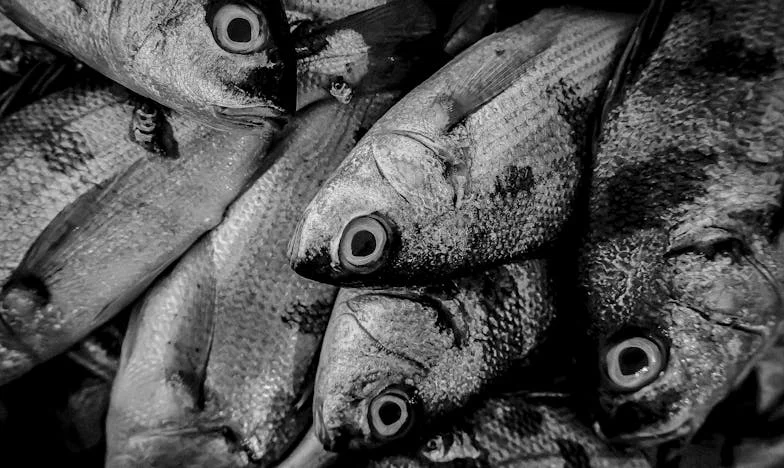The Door Left Ajar
The door was ajar. Not wide open, just barely cracked, like a secret waiting for me to notice. My heart thudded as I juggled the grocery bags in my arms, frozen for a second in the hallway. I stared at that slim slice of darkness between the frame and the door, and in that instant, every true crime podcast I’d ever binged played in my head. Maybe I’d just forgotten to pull it shut this morning—except I never forget. Not since the break-in last year.
I swallowed hard, pressed my back to the cool wall, and fumbled for my phone. I dialed my brother, Sam, because he lived close, and because he was the only one who’d ever understand the way panic could crawl up my throat like this.
“Sam, my door—it’s open. Not much, just a little. I’m scared,” I whispered, my voice shaking more than I wanted it to.
He didn’t hesitate. “Don’t go in, Mari. I’m coming up. Stay where you are.”
The seconds dragged. The groceries felt heavier. My mind conjured images: a stranger rifling through my things, someone hiding behind the couch, or—worse—no one, and the realization that my own mind was playing tricks on me again. Anxiety, my oldest enemy.
Sam finally arrived, breathless, his hair a mess. He nudged the door open with his foot and called out, “Hello? Anyone there?”
We stood in the entryway, the smell of detergent and old coffee filling my nostrils. The living room looked fine. The kitchen, too. But the bedroom door was closed—a detail out of place, since I always left it open for my cat, Lucy.
Sam pushed the door open, and there she was, curled under the bed. Nothing else seemed moved. My jewelry box was untouched. The laptop on my desk still closed. Sam checked the bathroom and the closets, even under the sink. Nothing.
He tried to reassure me. “Maybe it was just the wind. Or maybe you were distracted this morning. You’ve had a lot on your mind.”
But I could see it in his eyes—he wasn’t sure. Neither was I. That’s the thing about living alone in an apartment in Baltimore, about surviving a break-in, about trusting yourself: sometimes your worst enemy is your own memory.
Later, as I put away the groceries, my phone buzzed with a text from Mom: “Your father’s coming over tomorrow. He wants to talk.”
Just like that, a new anxiety replaced the old. Dad and I hadn’t spoken in months. Not since he’d told me he was disappointed that I hadn’t “pulled it together” after the break-in. Not since he’d called my anxiety “drama.”
I spent the night jumping at every creak, every shadow. Lucy never left my side. When the sun rose, I’d barely slept. I scrubbed the kitchen counters, rearranged books, did all the things I did when I was nervous. When Dad arrived, he knocked—stiff, formal, like a stranger.
He sat at my kitchen table, hands folded, as if waiting for a job interview. I poured him coffee. For a minute we talked about nothing: the O’s, the weather, how the city felt different since COVID. Then he cleared his throat.
“I heard from your mother you had another episode.”
I bristled at the word. “It’s not an episode. My door was open. I was scared.”
He looked away, jaw tight. “You can’t keep living like this, Marianna. You’re letting fear control your life.”
I slammed the coffee mug down. “You think I don’t know that? I’m trying, Dad. You weren’t here after the break-in. You didn’t see what it did to me.”
He sighed, old and tired. “I lost my job, Marianna. I didn’t know how to help you. I still don’t. But I want to try.”
The words hung in the air between us. I didn’t know how to believe them. I remembered the years he’d worked two jobs, the way he always left before I woke up. I remembered the silence at the dinner table, the way he never talked about feelings—his or mine. Now here he was, wanting to try, just as I was learning how to live with fear and not let it own me.
We sat in silence, the clock ticking. Finally, he spoke again.
“I thought being strong meant pretending nothing scared me. I guess I taught you that. I’m sorry.”
Tears stung my eyes. I looked at him—the man who’d always seemed so invincible, now suddenly small. “I don’t want to be afraid anymore, Dad. But I need you to stop pretending I’m broken. This is just… my life.”
He nodded, reached across the table, and squeezed my hand. For the first time in years, I let him.
After he left, I checked the lock three times. I fed Lucy, opened a window, let in the city sounds. My heart still hammered, but there was space for something else—maybe hope, maybe forgiveness.
Now, every night, I check the door. Sometimes, I still find it open in my dreams. Sometimes, I wonder: How do we ever really know the people we love? How do we let them in without leaving ourselves wide open to being hurt again?
